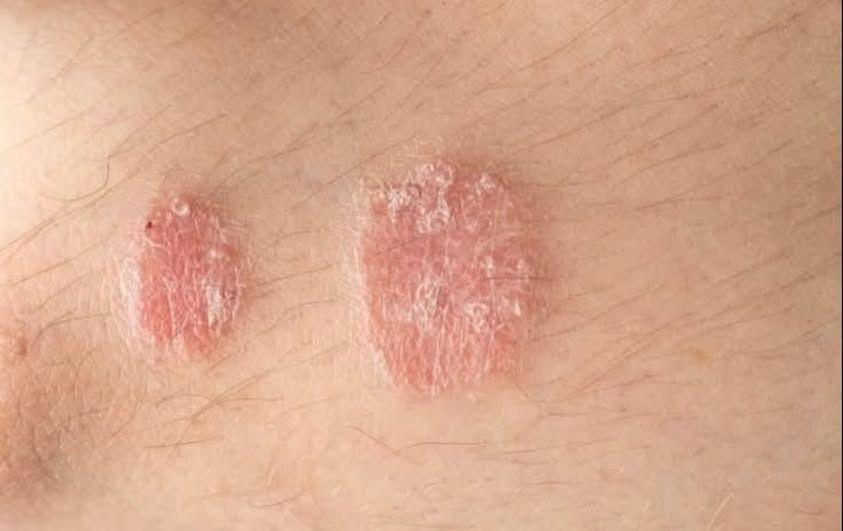Why Early Diagnosis Matters
Early diagnosis and treatment can make a significant difference in managing psoriasis. Without proper care, the condition can lead to complications such as:
- Increased risk of infections due to cracked skin
- Emotional distress, anxiety, or depression caused by visible symptoms
- Development of comorbid conditions like psoriatic arthritis, cardiovascular disease, or diabetes
A healthcare provider can assess your symptoms, rule out other skin conditions (such as eczema or fungal infections), and create a personalized treatment plan. Treatments may include topical creams, oral medications, phototherapy, or biologic drugs, depending on the severity of the condition.
How to Manage Psoriasis at Home
While medical treatment is essential, there are steps you can take at home to support your skin health and reduce flare-ups:
- Moisturize Regularly: Use fragrance-free moisturizers to keep your skin hydrated and prevent cracking.
- Avoid Triggers: Identify and avoid triggers such as stress, alcohol, smoking, and certain foods that worsen your symptoms.
- Take Warm Baths: Soak in lukewarm water with colloidal oatmeal or Epsom salts to soothe irritated skin.
- Protect Your Skin: Wear soft, breathable fabrics and avoid scratching or picking at plaques.
When to Seek Immediate Medical Attention
In rare cases, psoriasis can escalate into a severe form called erythrodermic psoriasis, which requires emergency care. Symptoms include widespread redness, shedding of large sheets of skin, fever, chills, and rapid heartbeat. If you experience these symptoms, seek medical help immediately, as they can pose serious health risks.
Conclusion
Psoriasis is more than just a skin condition—it’s a complex autoimmune disorder that requires understanding, patience, and proactive management. By recognizing the signs early and consulting a doctor promptly, you can take control of your health and minimize the impact of psoriasis on your life. Remember, you’re not alone—millions of people live successfully with psoriasis, and with the right care, you can too.
If you suspect you might have psoriasis or are experiencing unexplained skin changes, don’t hesitate to reach out to a dermatologist or healthcare provider. Early action can pave the way for better outcomes and improved quality of life

